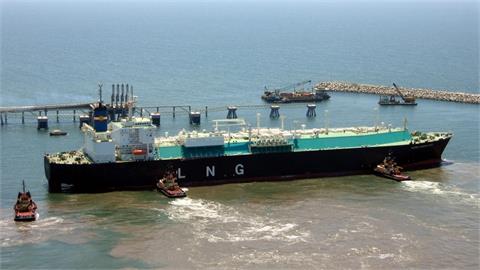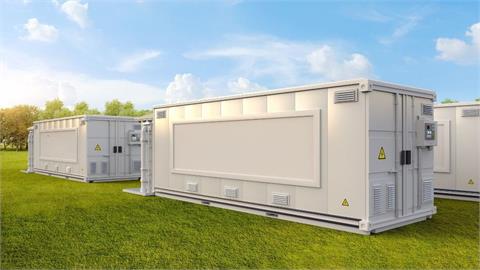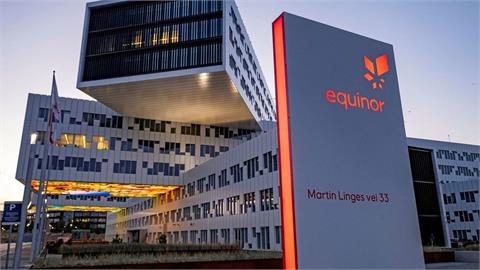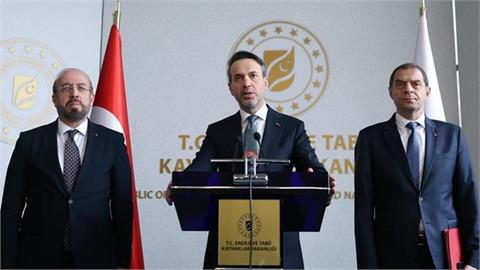The European Photovoltaic Industry Association (EPIA) has officially spoken out against the European minimum price on PV modules on Chinese and Taiwanese solar cells and modules. EPIA has taken the position against the EU minimum price because of the negative impact it is having on the EU solar market.
"The [EPIA] board has agreed [on] this position, as we believe that a return to a level playing field will help solar power in Europe to grow, and support the European electricity market in achieving its challenging emission reduction goals,” said EPIA President Oliver Schaefer.
EPIA had previously sat on the fence when it came to solar trade barriers in the EU, neither supporting nor criticizing anti-dumping trade disputes and the resultant minimum price solution. The move will presumably draw the ire of the dwindling number of European PV cell and module manufacturers that remain in the market, in particular SolarWorld, which was one of the prime instigators of the anti-dumping solar trade disputes in the EU and the U.S. SolarWorld is currently an EPIA member.
EPIA’s Schaefer said that while it may be the case that EPIA loses some members as a result of speaking out against the EU minimum price, it could equally gain "hundreds of new members” because of the move.
Schaefer noted that there were many pressing issues currently in play in the EU solar market, with trade disputes being just one. He pointed to electricity market reform on a European level and self-consumption regulations as being two such issues.
"We’ve got to move beyond single issues,” said Schaefer. "By having more competitive, high-quality solar panels from the world’s leading companies from all over the world we can increase the rate and quality of solar installations in Europe.”
The current EU minimum price regime is in place until 2016. A process has begun under which it will be reviewed and renegotiated, however EPIA’s stance may weaken efforts to see the minimum prices maintained.



